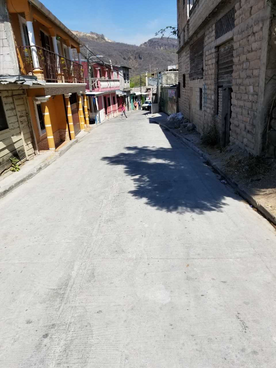
As my morning was free, I decided to wander out alone. Although a major highway was nearby, happily I found a somewhat isolated dirt road.
After a long distance, the road ended and I had to turn back. Along the way back, I saw a small fire by the edge of the road.
Honduras is in a major drought. Rivers are disappearing, the soil is drying up, and crops are failing. Many of the people fleeing Honduras are climate refugees.
I emptied by bottle of water on the fire but because of a strong breeze the fire continued to grow. I tried stomping along the edge of the fire and covering it with rocks. But the fire grew larger.
Five young men came along. Indicating the fire, I said I had no more water. At this time, I wish I could say that in an inspiring display of international and intergenerational teamwork, we encircled the fire as a band of brothers and quickly put the fire out.
But back to reality. The young men nodded pleasantly and went on walking. Meanwhile, the fire continued to grow.
Since there was no fire department to notify, and the fire was beyond my control, I continued my walk with the hope that it would burn itself out and not burn down half the mountain side. I let go and let God.
Rev. Deborah Lee was one of the leaders of the Interfaith Root Causes Pilgrimage. She recently sent some post trip suggested reflection questions. I will use them as a guide not only for the pilgrimage but also for my time in El Salvador and my subsequent visit in Honduras.
How am I changed?
I more deeply appreciate the importance of taking risks. Without some risk-taking, I would never have taken the trip.
Old men ought to be explorers
Here and there does not matter
We must be still and still moving
Into another intensity
~ T. S. Eliot
What have I learned?
A lot of Spanish! Also I have learned I can adapt to many different working and living situations. I have learned I can make small and big mistakes and the world doesn't end. I don't need to be perfect.
How will this experience live on through me?
I will fight even more fiercely for a just and compassionate immigration system. I will do all I can to ensure the Honduran military police does not get another dollar of our money. Our dollars must be targeted exclusively to social and humanitarian needs.
What have I learned about the way I live that will have to change?
I will live with a more intense sense of gratitude. I will be less tolerant of bullies knowing their mentality paves the way toward gangs, both public and private.
I will do all I can to defeat machoism. As racism, it's a loathsome, cowardly way to dehumanize another person in order to feel superior.
What did I see that I did not know?
I didn't fully appreciate how corrupt a government could become. Also, I did not fully realize how willing the United States was in aiding and abetting such governments.
How has my world been turned upside down or broken open?
I suppose my world has been turned upside up. I'm reminded again how the vast majority of people live and die in this world in material poverty. Being given more, I am reminded of my responsibility to give and do more.
As I conclude my trip, I want to thank the Congregation of Our Lady of Charity of the Good Shepherd. I have had the honor of working for the Congregation during the past decade. It has been a deeply rewarding period of my life. I especially want to thank the Contemplative Sisters who have been praying for the success of the trip.
I want to thank the Missionary Servants of the Most Holy Trinity for providing funds for my trip.
Special thanks to Fran for organizing the trip and keeping the National Advocacy Center going during my absence. Thanks to Kathy for promoting the trip on social media. Thanks to Jeanette who participated with me on the trip to El Salvador.
Thanks to Alvin, cab driver and friend, for a marvelous day in Tela and for sharing with me his hopes and concerns.
Lastly, thank you Reader! You gave me a reason to do my daily blogs. In writing the blogs, I created some space for myself each evening to reflect on the day.

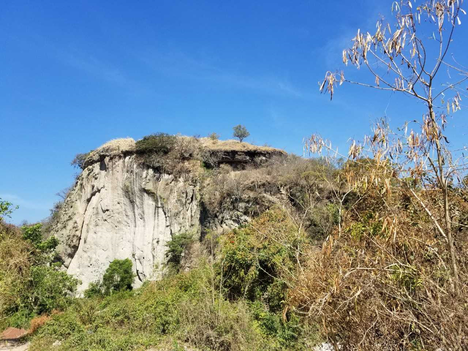
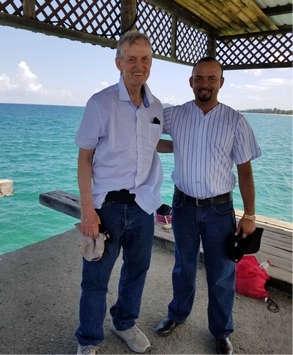
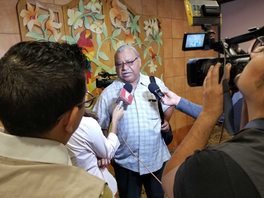
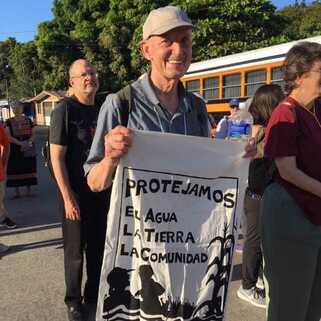
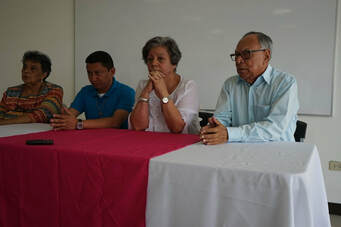
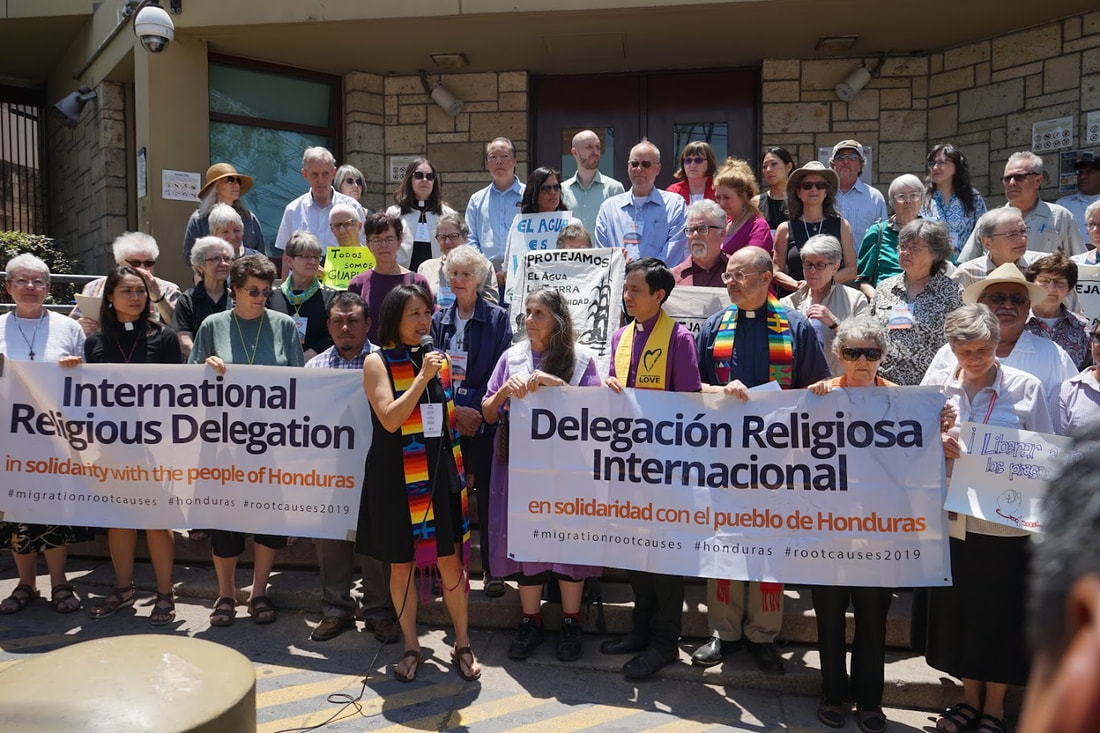
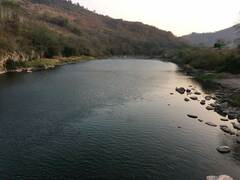
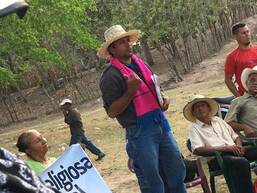
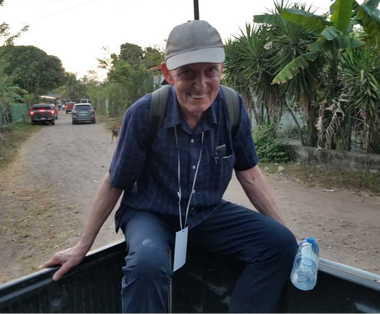
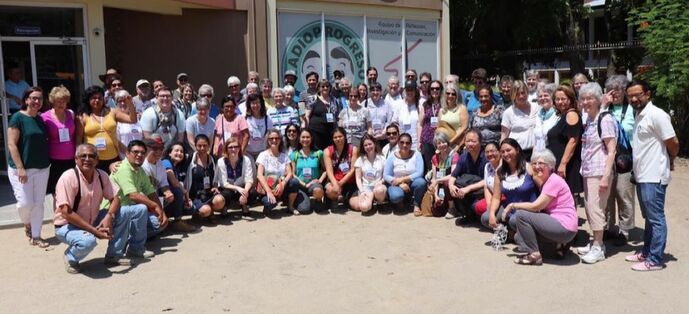
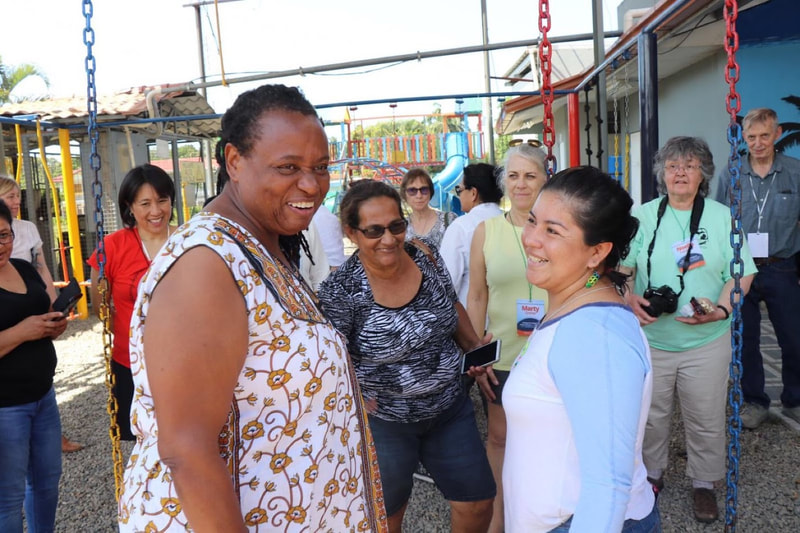
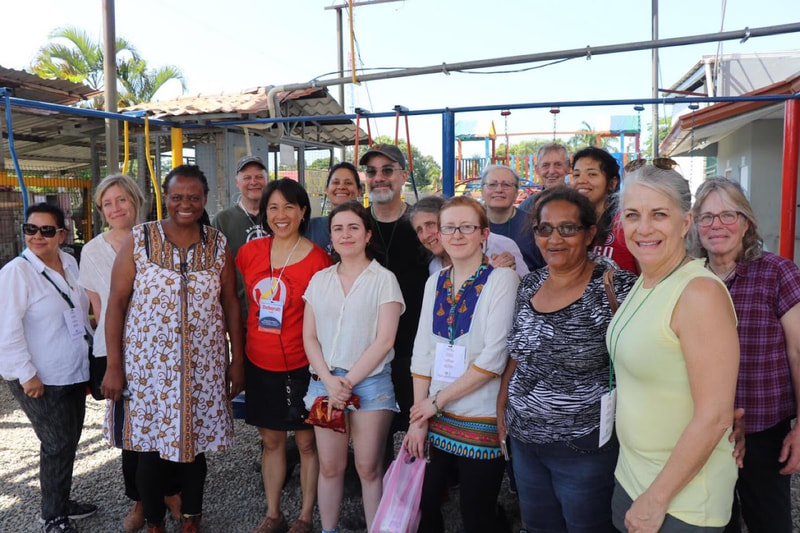
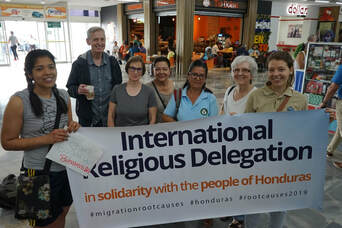
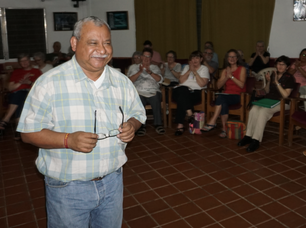
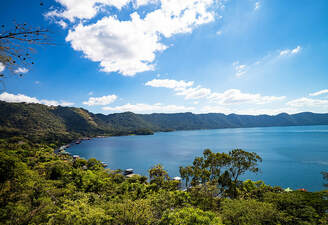
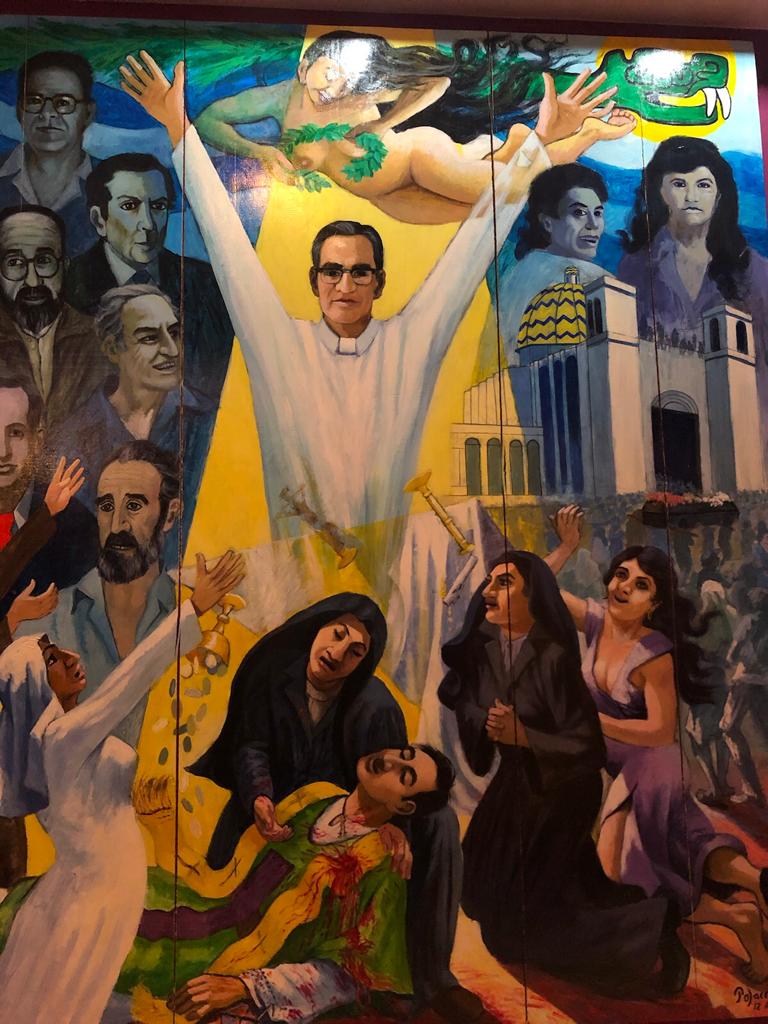
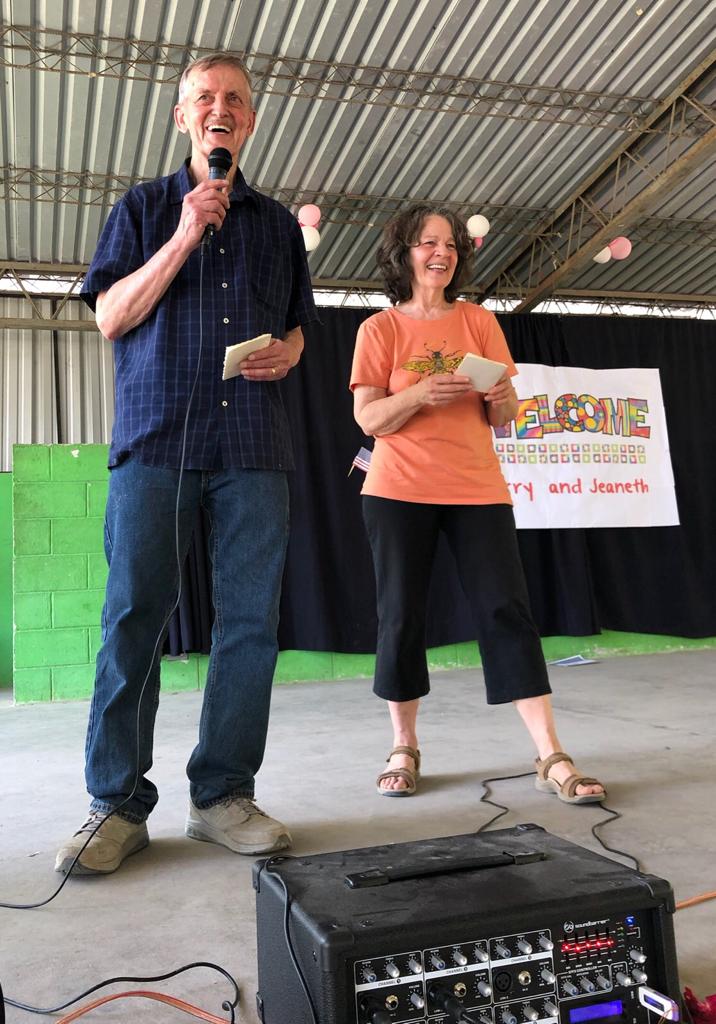
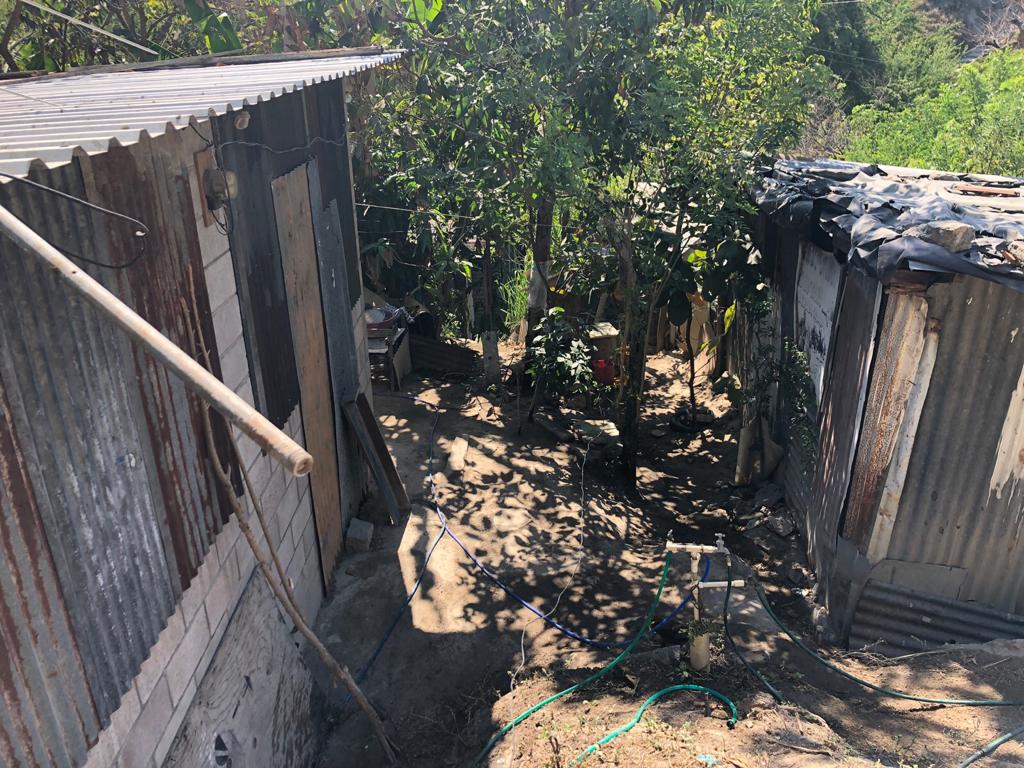
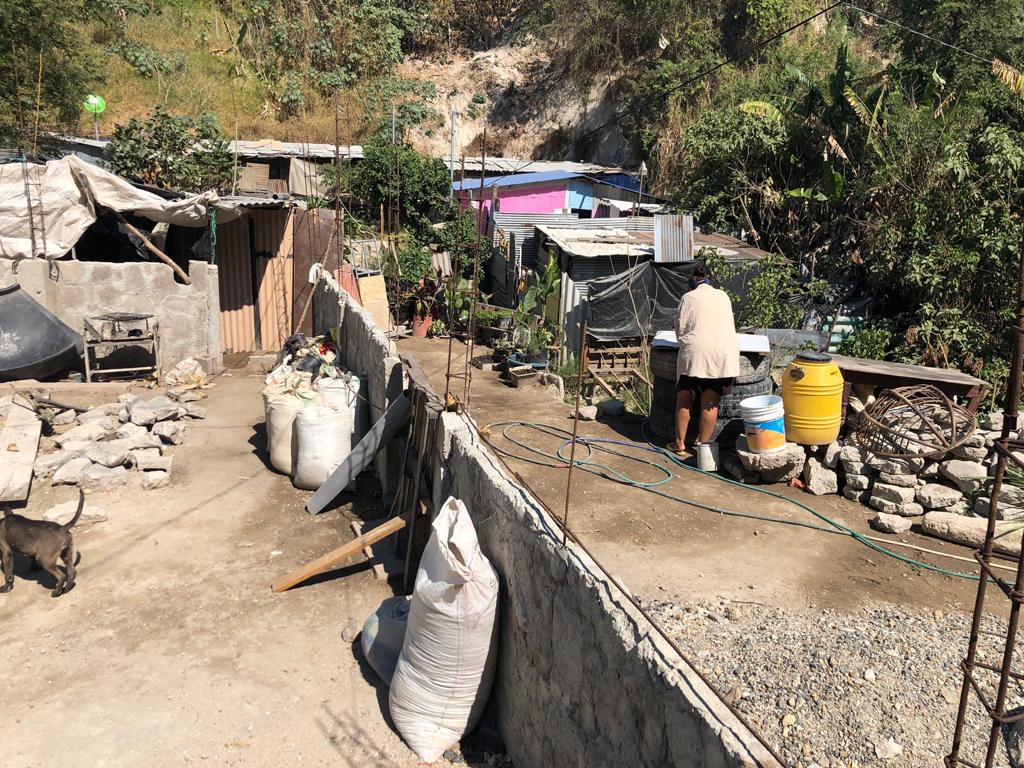
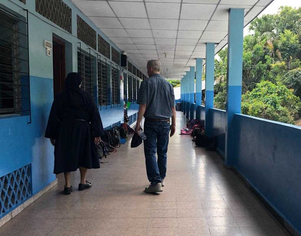
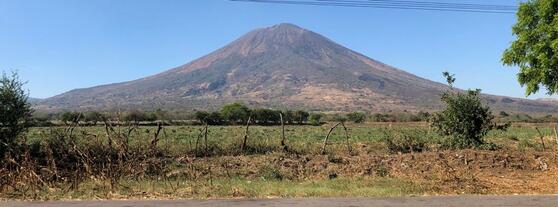
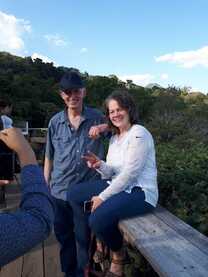
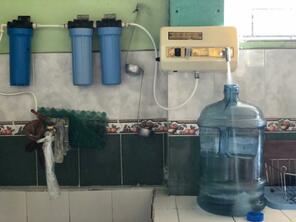
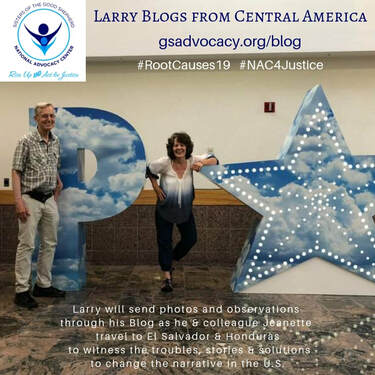
 RSS Feed
RSS Feed